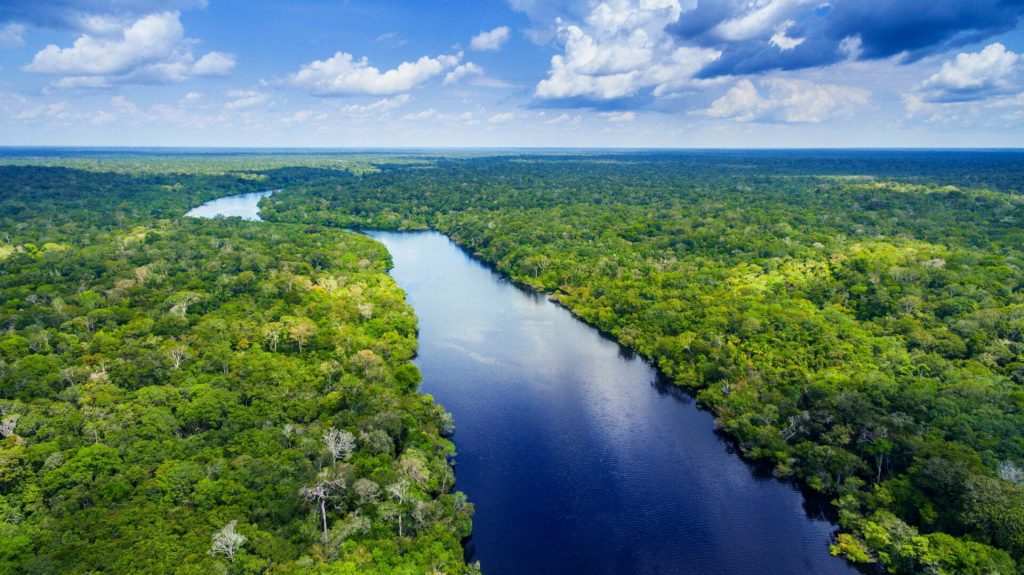Brazil’s startup aims to add transparency to carbon market
Established in 2019 in Porto Velho, Brazil, Coill will boost the transparency of credit certification and the payment for forest area owner

A Brazilian climate-tech startup has developed a platform that helps tackle the confidence crisis created in the carbon market after newspaper The Guardian revealed frauds committed by the biggest carbon credit certifier, United States’ NGO Verra.
Established in 2019 in Porto Velho, Brazil, Coill is about to finish a carbon credit marketplace that’ll not only broker transactions but also boost the transparency of credit certification and the payment for forest area owner, two of the leading problems revealed by the investigations of the British newspaper in January.
Coill CEO Fábio Marques explains the platform uses artificial intelligence to compile, compare and validate information on the forest areas via satellite images, data from Brazil’s National Environmental Registry of Rural Properties and owners of protected area submitted by phone apps in an automated process that is cheaper than the current “manual’ certification of forests.
The data is then processed on the platform to create a real-time monitoring of forest areas, thus enabling even the certification of legal reserves and allowing small farmers to sell credits, an innovative possibility given that virtually all the credits in the volunteer market are produced by forest land owners that can afford the high cost of certification.
“The platform was masterminded to be part of the chain. Those who need credits will buy them directly from the producer, who actually owns the land related to the credit. This is an initiative of high social impact,” Marques explains.
“The monitoring occurs in real time. If a producer deforests a previously certified area, even if by just one hectare, we can detect it. In our model, the standing forest is worth money for the small farmer, thus reversing the deforestation logic and recruiting the landowner as a guardian of the forest,” he went on.
The Coil’s platform stores data regarding credit certification, land ownership and payments made to the owners in a tamperproof blockchain database that’s accessible to external audits, in a bid to add transparency to the transaction, precisely what Verra failed to do.
Frauds
Marques believes frauds are unlikely to discourage the demand of carbon credit but tend to require changes in the reliability of credits from now on.
Based on this expectation, Coils keeps seeking investments to release the platform. Last February Marques went to Qatar and the United Arab Emirates as part of a startup mission organized by the Arab Brazilian Chamber of Commerce (ABCC) to showcase the platform for investors.
In these meetings he presented a prospect saying that Coil has registered 14,000 small farms in the state of Rondônia, covering a total area of 1.1 million hectares, equivalent to Qatar, most of them already regulated or in the process of land regulation. Of this, 220,000 hectares are preserved, and each one can sequester 200 carbon tonnes a year, which could provide a potential income of USD 440 million a year only from the credits produced by its current partners.
In November, Marques will travel to Dubai, UAE, to attend the United Nations Climate Change Conference (COP28) and prospect new investments.
“We want to take an ever more robust proposal,” he said.
The informations depart from ANBA.


